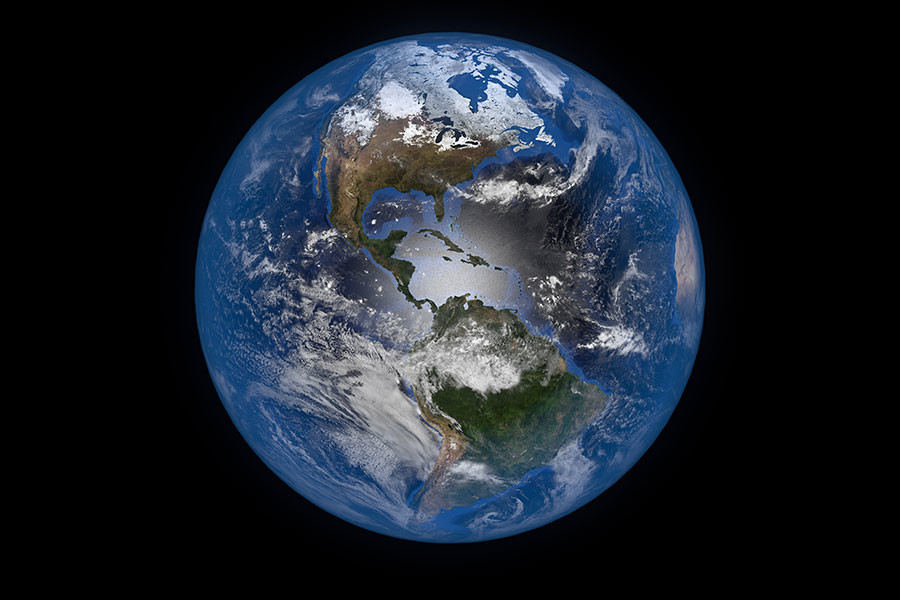The National Science Foundation has awarded Columbia a five-year, $25 million grant to lead a new research center where scientists will develop the next generation of long-term climate models.
The center, called Learning the Earth with Artificial Intelligence and Physics (LEAP), is being overseen by Columbia in collaboration with the National Center for Atmospheric Research, NASA’s Goddard Institute for Space Studies, New York University, and the Universities of California at Irvine; Minnesota; and Montreal.
One of LEAP’s main goals, says center director Pierre Gentine, a professor of earth and environmental engineering, is to harness the power of artificial intelligence to develop climate models that offer useful predictions about the types of climate conditions that particular cities or regions are likely to confront decades from now. He says that this will be crucial for guiding decisions about investing in expensive adaptation measures like building seawalls, retreating inland, or upgrading transit systems and other critical infrastructure.



